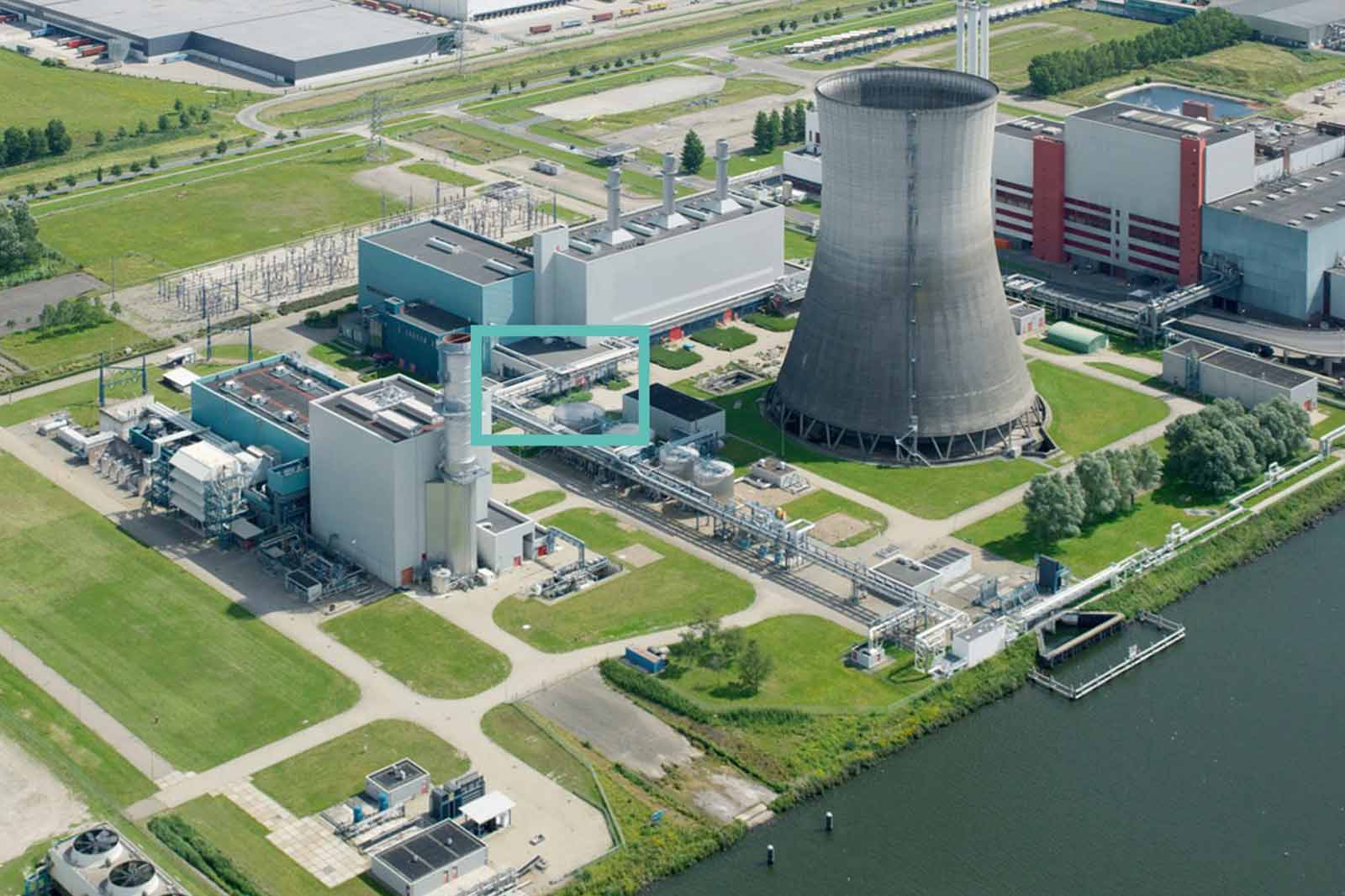RWE has commenced construction of an ultra-fast battery storage system at its Moerdijk power plant in the Netherlands, marking a significant step in enhancing grid stability as Europe transitions to renewable energy. The 7.5 megawatts (MW) system, with a storage capacity of 11-megawatt hours (MWh), is designed to provide or absorb electricity within milliseconds, helping to stabilise the electricity grid—a function known as inertia.
The Moerdijk project forms part of the system integration solutions for OranjeWind, an offshore wind project by RWE and TotalEnergies. This initiative seeks to explore new ways of integrating intermittent renewable energy into the Dutch energy system, leveraging technologies such as electrolysers, smart charging stations, e-boilers, and battery storage.
Marinus Tabak, COO of RWE Generation and RWE Country Chair for the Netherlands said, “With the Moerdijk battery storage system, we are pioneering grid-forming technologies as alternatives to traditional solutions such as power stations. This offers a pathway to a more sustainable yet reliable energy future. Battery storage systems like this will be crucial for the stability of electricity grids in the future as Europe’s energy market is moving towards renewable energy and decentralised energy systems.”
As Europe shifts towards renewables, maintaining grid stability is becoming more challenging due to the declining number of conventional power plants. Inertia, previously provided by the rotating masses of conventional power stations, plays a crucial role in balancing the grid. RWE’s battery storage system aims to compensate for the loss of this synchronous inertia by providing immediate balancing energy.
The system will utilise lithium iron phosphate (LFP) batteries housed in three shipping containers and connected to the high-voltage grid via Moerdijk’s existing grid connection. Equipped with advanced control technology and inverters with grid-forming functionality, the system will be able to deliver instantaneous reserve power.
The project is set to begin operations by the end of 2024, followed by a two-year pilot phase. During this time, RWE will work with the transmission system operator, TenneT, to further refine the technical and grid compliance aspects of the system’s grid-forming capabilities.
